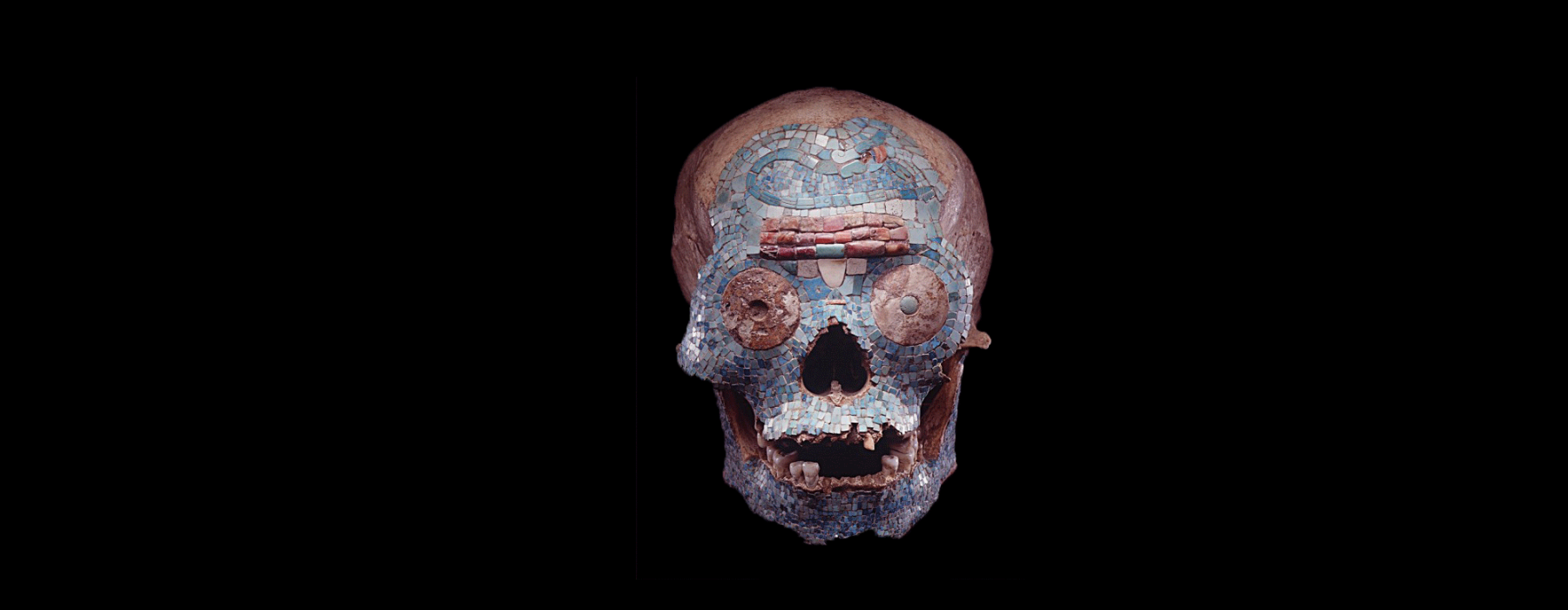
Turbulent Lives, Material and Cultural Biographies of Mixtec Artefacts sheds light on the turbulent life that Mesoamerican prehispanic material culture leads, as it is excavated, looted and/or traded out of its original contexts to museum collections worldwide.
One project focuses on the prehispanic Mexican Codex Añute/Selden, which is housed at the Bodleian Library in Oxford. This project has three principal aims:
- The further development of non-destructive imaging techniques, by adding the new technique of Photothermal Tomography, which will allow the tracing of colored substances hidden by a lighter surface.
- The application of this technique as well as of other, fully developed, spectroscopic techniques provided by the MOLAB to gain a better understanding of the physical composition (and deterioration process) of the ancient Mexican pictorial manuscripts
- To uncover with these techniques the pictorial text of a Mexican codex, at present still unknown and invisible as it is hidden under the surface of Codex Selden 3135 (A.2), originally from the Mixtec town of Jaltepec (State of Oaxaca), Mexico.
The second project studies a supposedly Mixtec mosaic-decorated human skull from the collections of Museum Volkenkunde. The aims of the project are:
- To study the authenticity and reconstruct the cultural biography of this artefact, by using hard-science techniques to characterize the materials that make up the mosaic as well as the ancestry and antiquity of the skull, in addition to archival research.
- To contextualize this particular artefact within a group of similar pieces from private and museum collections around the world
- To chart and document the networks of arts dealers involved with the manufacture of and trade in these artefacts.